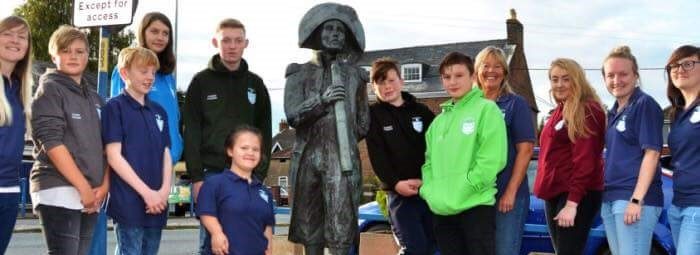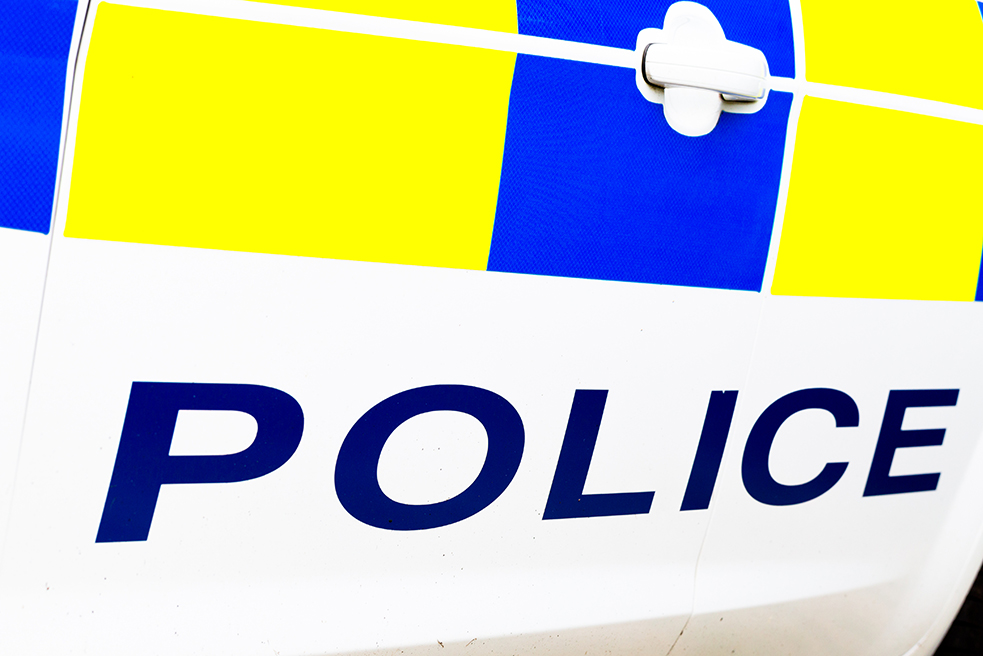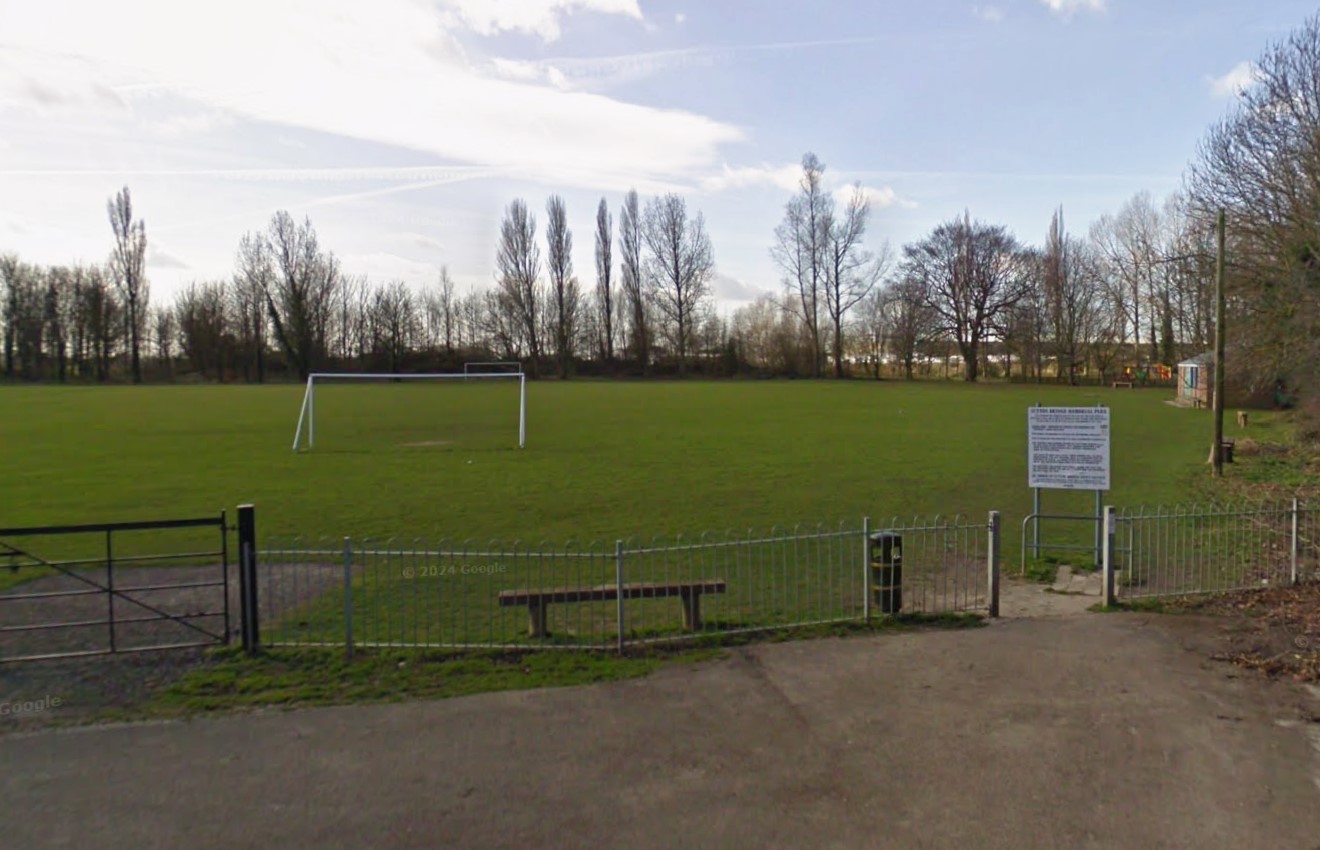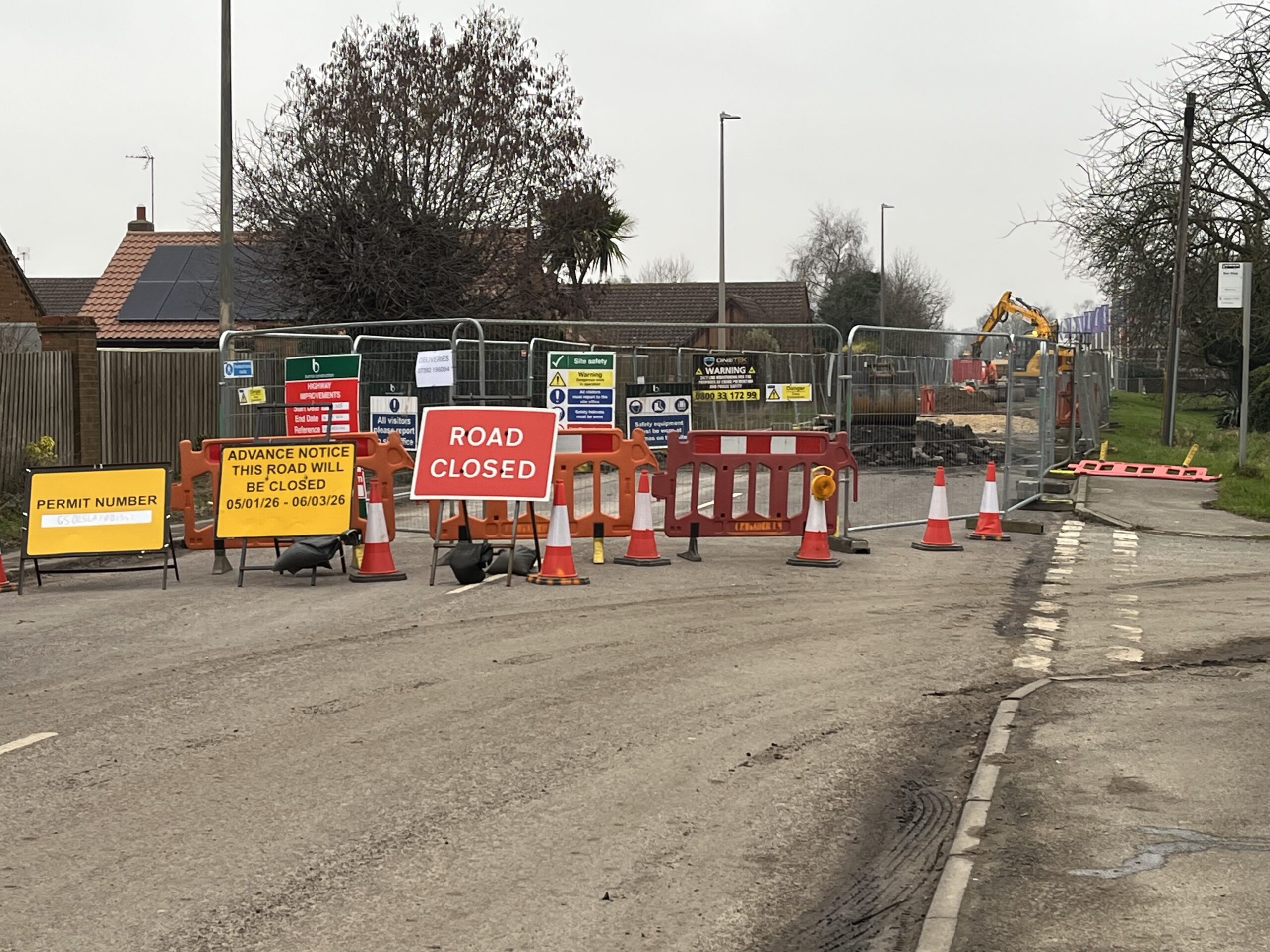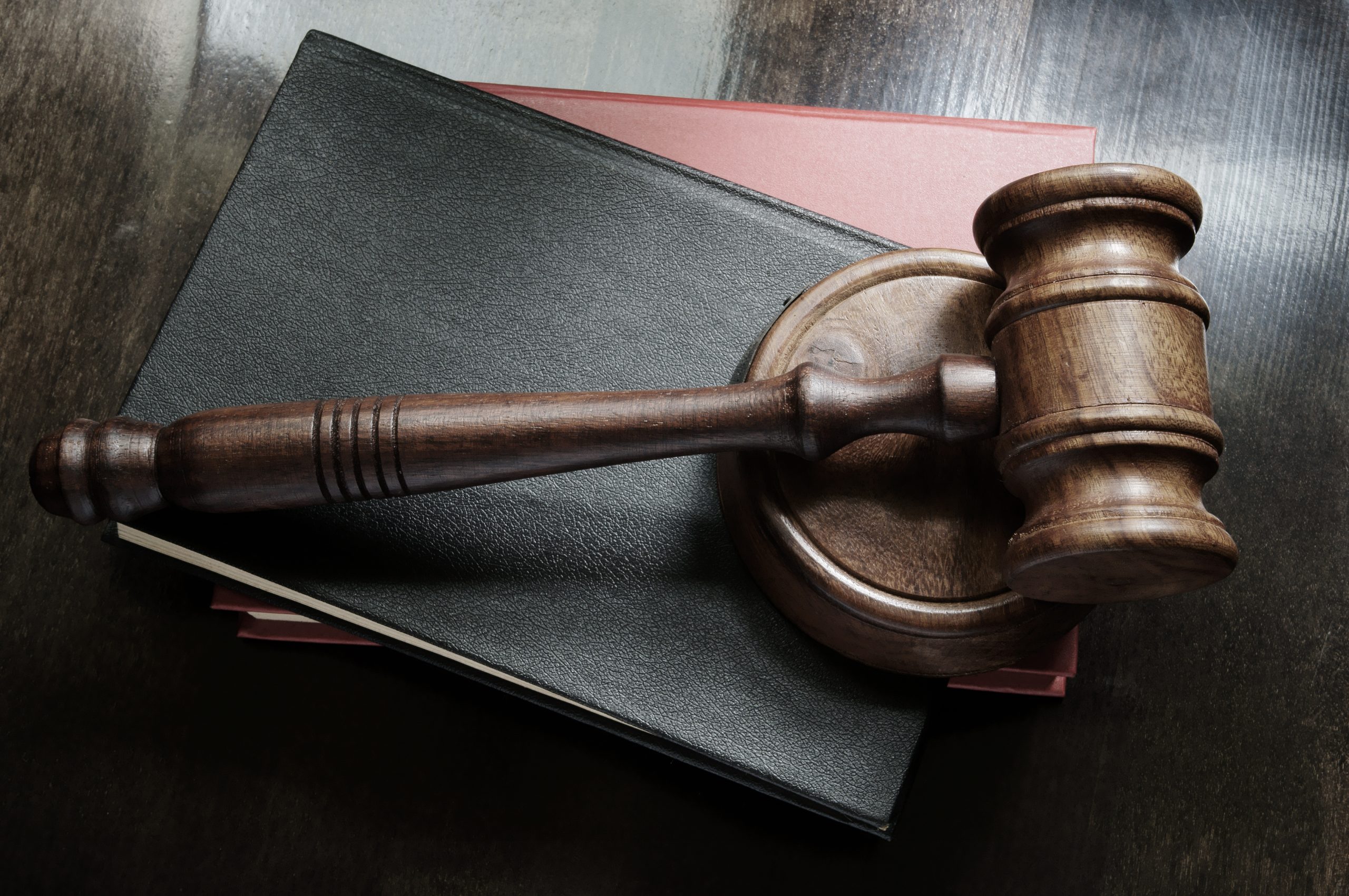The remains of Donington navigator and cartographer Matthew Flinders are to be buried in his home village.
Following a campaign led locally by the ‘Matthew Flinders Bring Him Home Group’ and in the Houses of Parliament by Sir John Hayes MP, Captain Matthew Flinders will be laid to rest in the Parish Church of St Mary and the Holy Rood in Donnington – the village in which he grew up and where his ancestors are buried.
Credited with giving the nation its name, Captain Flinders was the first man to navigate the coast of Australia in its entirety. His courageous quest for discovery marked a seminal moment in the history and heritage of one of Britain’s greatest allies and Commonwealth friends.
Early this year, archaeologists discovered the remains of Captain Flinders whilst working on the construction of a new high-speed terminus station in London.
A campaign was launched to rebury Captain Flinders in South Lincolnshire, led locally by the family of Captain Flinders and nationally by Sir John Hayes MP.
Speaking in the House of Commons, Sir John said: “I am truly thrilled that one of Lincolnshire’s greatest sons will be returning home.
“Although he travelled the world – becoming synonymous with challenge and adventure – his final journey will allow him to rest peacefully in the village where his dreams were born.”
“The exciting news that Matthew Flinders is to return home to Donington marks the triumph of our campaign to ensure that he rests near or next to his family here in South Holland.”
The remains of Captain Flinders will be transferred to the Diocese of Lincoln for safekeeping until final burial arrangements are announced.
His final resting place will be at the Church of St Mary and the Holy Rood in Donington, where he was baptised, and where many members of his family are buried.
There is currently no set date for when his body will be reburied in at the church.
However, the diocese of Lincoln has given planning consent to the reburial and, now HS2 have announced the news, the Parochial Church Council is expecting to work speedily to submit the details of a suitable memorial.
Until that point his remains will stay in the custody of HS2.
Captain Flinders was born in Donington in 1774 and he died in London in 1814.
His father and great grandfather both practised as village surgeons and apothecaries and are buried in the churchyard. His remains were exhumed during the HS2 excavations at the churchyard of St James Piccadilly near Euston station and HS2 have been the custodians of his remains until an application was made by the family of Captain Flinders to return them to Lincolnshire.
The Diocese of Lincoln worked closely with the remaining members of Captain Flinders’ family to complete the necessary legal paperwork that would allow his body to be moved to Lincolnshire.
Bishop David, the acting Bishop of Lincoln said: “We are delighted that this hero of Lincolnshire will be returned to his place of birth, and will join his father and his grandfather at the Church of St Mary and the Holy Rood in their final resting place. It is an honour for both the church and the diocese that we will be able to welcome home one of Lincolnshire’s great explorers.”
The Reverend Charles Robertson, Vicar of St Mary and the Holy Rood in Donington said: “It is with great honour and joy that we received the good news that the mortal remains of Captain Matthew Flinders will come to Donington.
“It is a privilege to welcome home this great explorer to rest in peace in his home church.”
Jane Pearson, Treasurer at St Mary and the Holy Rood Church in Donington said: “I am absolutely delighted to hear that the mortal remains of Captain Matthew Flinders will be brought to Donington.
“All the people from the village, including the members of the church and the Matthew Flinders Bring Him Home Group, will be too. This is wonderful news for us – and something we have long hoped for.”
In his will Captain Flinders makes his attachment to his native village very clear as he left instructions for the erection of four marble slabs in Donington parish church, on the north wall of the chancel, to commemorate his great grandfather, his grandfather, his father and himself.
“These slabs remain there today. The church also houses a display dedicated to Captain Flinders and one of the stained glass windows also commemorates his life.
Matthew Flinders joined the Navy aged 15 and he made several coastal explorations of Australia, completing the circumnavigation in 1803. In tribute to him the largest island in the Bass Strait is named after him as is a university in South Australia and over 100 other geographical features around the country.

